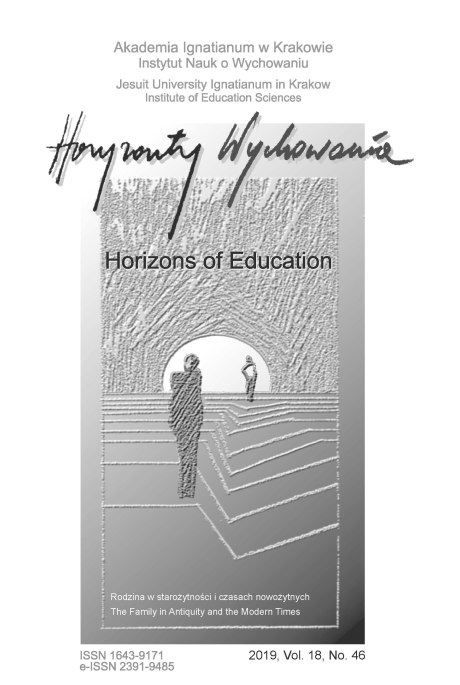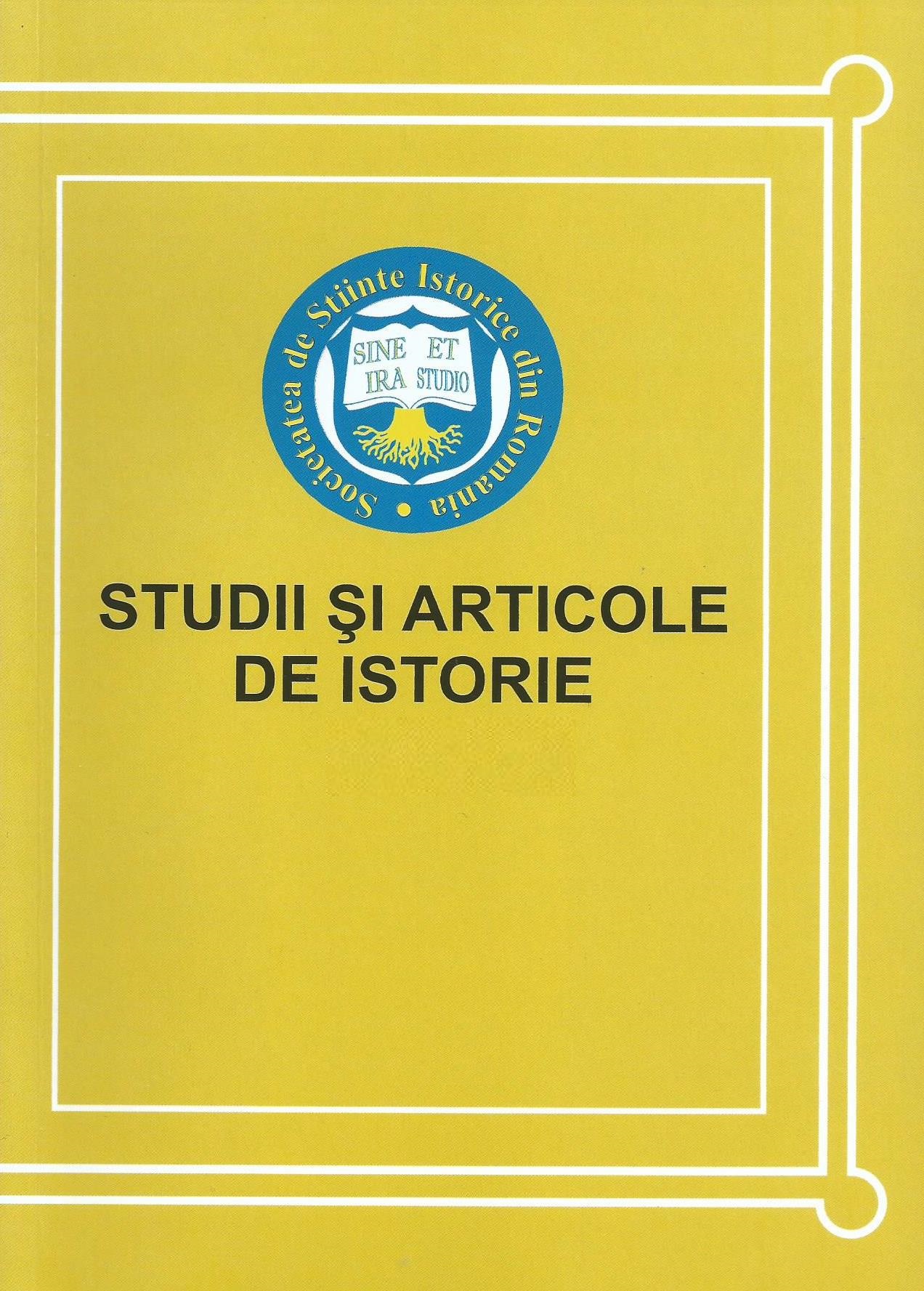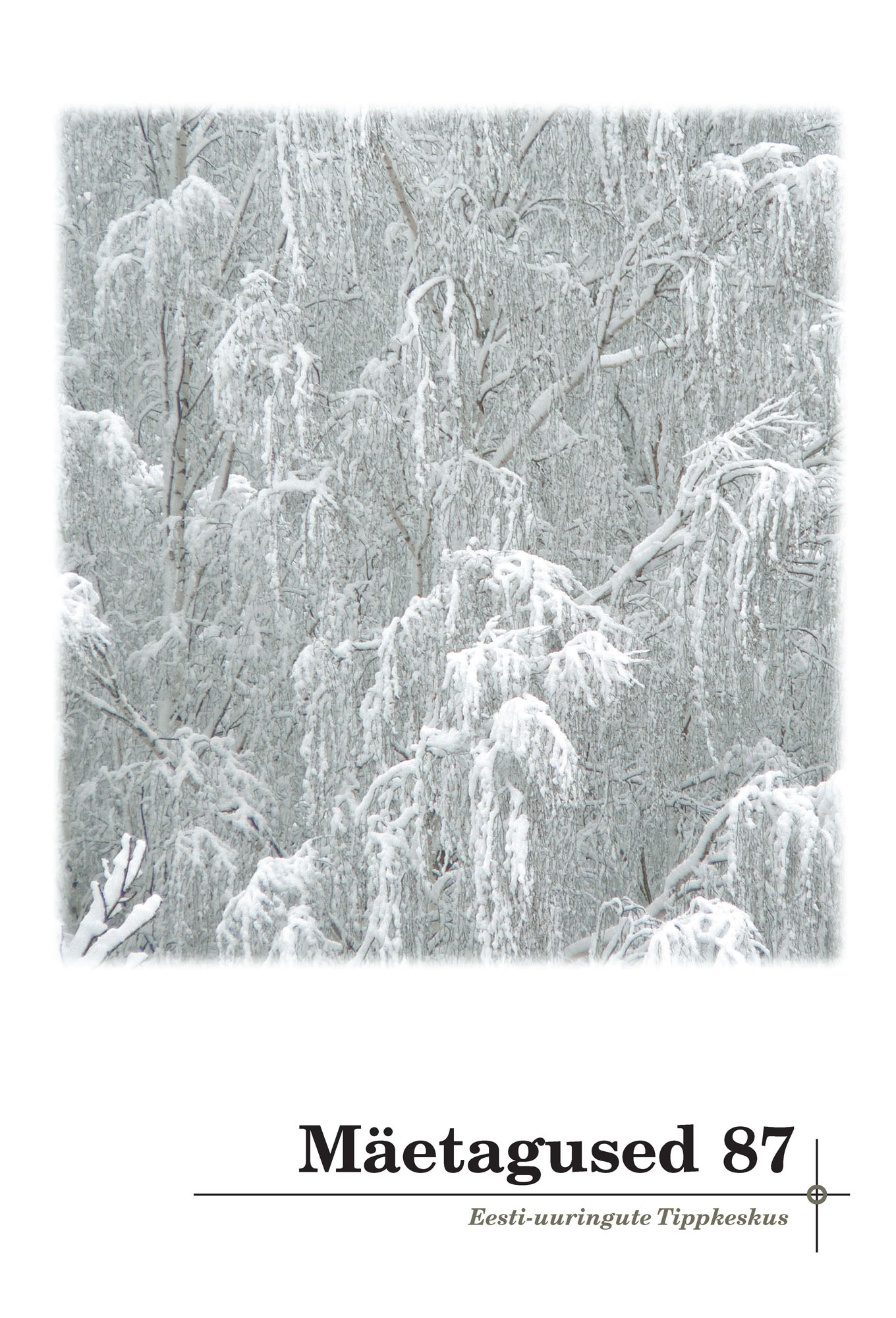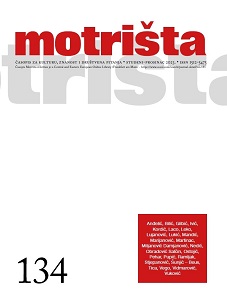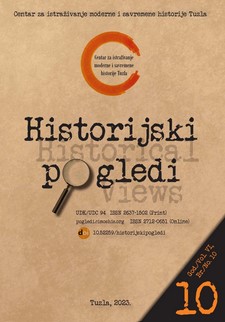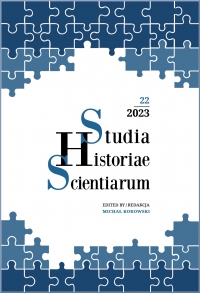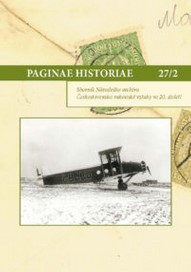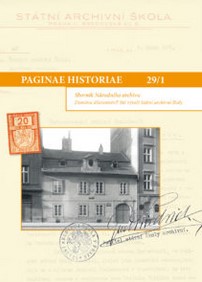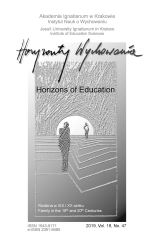
Patriarchy and the (late)Victorian Middle-Class Family Reconsidered
RESEARCH OBJECTIVE: The aim of the article is to examine the relations within an upper middleclass family – as depicted by Virginia Woolf in a collection of autobiographical essays, Moments of Being – and compare these against the patriarchal model. The ultimate aim is to expose and locate, as early as the last decade of the Victorian era, the signs that a transformation was about to occur. THE RESEARCH PROBLEM AND METHODS: The Victorian paradigm of the patriarchal roles of pater familias and mater familias has been analyzed. In conformity with philological methods, appropriate literary evidence is provided. THE PROCESS OF ARGUMENTATION: The article first focuses on the concept of the Victorian pater familias and mater familias. It presents an analysis of the Stephens family who feature in Moments of Being. A traditionally conservative perspective with regard to the male family members is juxtaposed with the contrasting viewpoint voiced by the author of the collection. RESEARCH RESULTS: The analysis of the autobiographical essays reveals certain shifts in the roles of the Victorian pater familias and mater familias in late-Victorian times. Furthermore, certain rifts in familial relations are uncovered and investigated with reference to differing attitudes to the issue of female education. CONCLUSIONS, INNOVATIONS, AND RECOMMENDATIONS: The analysis exposed several fissures in the patriarchal model and located these at an earlier date than commonly accepted. It also demonstrated that the first signs of the transformations that would occur in British society were particularly noticeable in the novel attitudes to the question of female education. This may encourage further research of contemporary perspectives on institutional instruction.
More...
